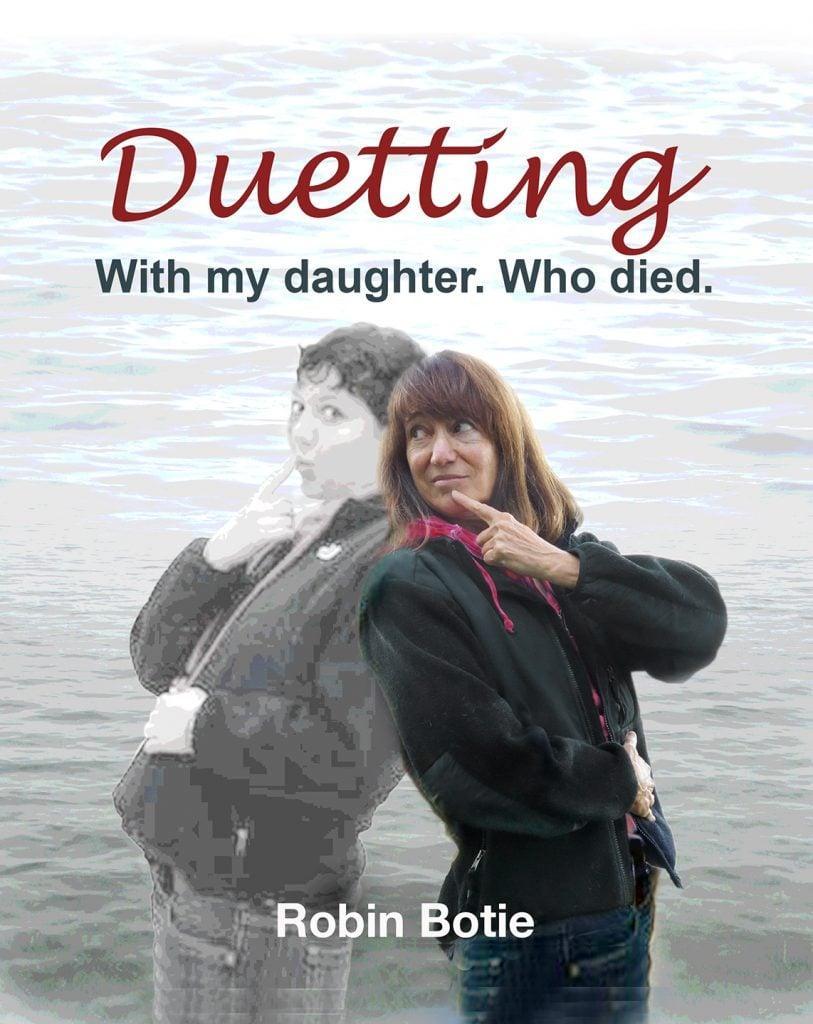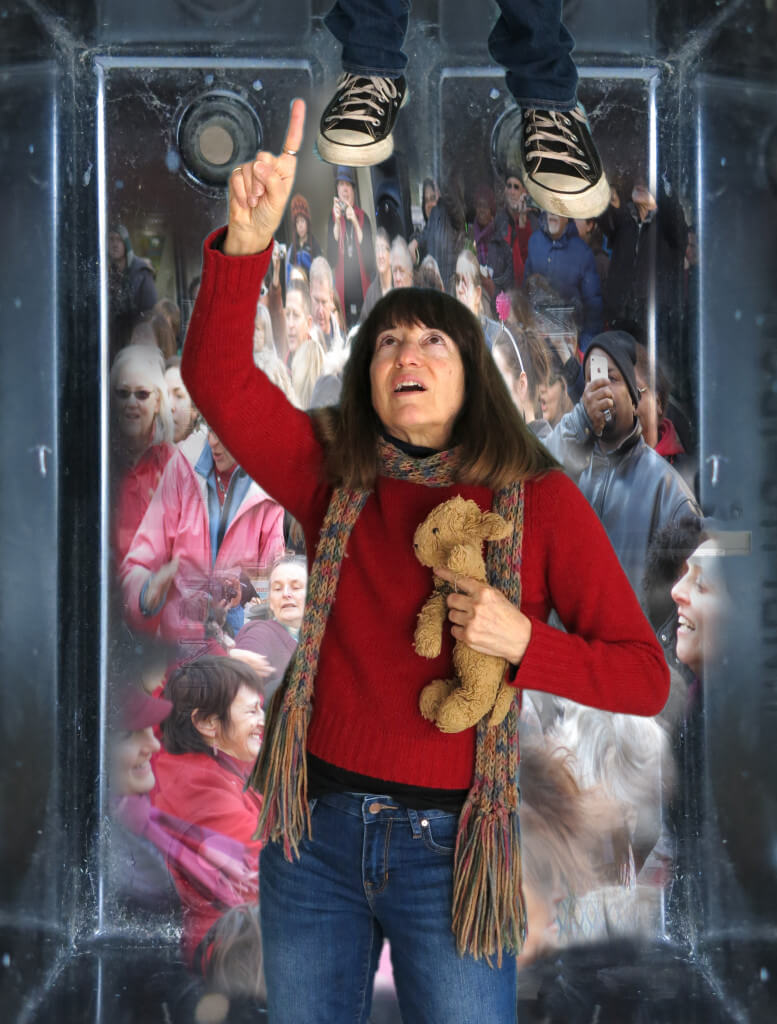 “Mom, get a life,” my daughter Marika often told me, mostly when she was angry with me. It was the last coherent thing she said to me, “Get a life.” And after she died I did everything I could think of to make a new life for myself, one she’d approve of.
“Mom, get a life,” my daughter Marika often told me, mostly when she was angry with me. It was the last coherent thing she said to me, “Get a life.” And after she died I did everything I could think of to make a new life for myself, one she’d approve of.
Mainly, I tried to do all the things Marika loved to do. Things I’d never considered before. Like writing, blogging, and photographing. It was comforting to coop myself up at home for endless days crafting weekly blogs and a 200-page memoir about our journey together through the wilds of cancer. It was like duetting with my daughter. Or with her ghost. Writing and rereading the manuscript brought her back to me, made her come alive again and again. It helped me heal. I never needed to get the work published. It did enough just giving me a foothold to re-enter the world.
There’s a problem with getting a life, or getting a new life. Living isn’t just about doing things or maintaining one single mission. And people change. I’ve changed. Nine years after Marika’s death, I’m finding I need more time to watch birds, or to simply sit and do next to nothing. I want to spend more time in the company of friends, to listen to others’ stories. To listen to music, to maybe even dance. These days there’s never enough time to record meaningful material for my readers. It takes me forever to compose. Yet writing, blogging, is a connection to Marika and to my newfound community that I do not want to give up.
When Marika died, long before I could begin to write, it helped to read what others had written about their losses. So I’m hoping you won’t mind if I share bits and pieces of my own manuscript here, in my weekly blogs, over the next weeks. Or months. Just to keep in touch while I venture out to discover where life will lead me next.

